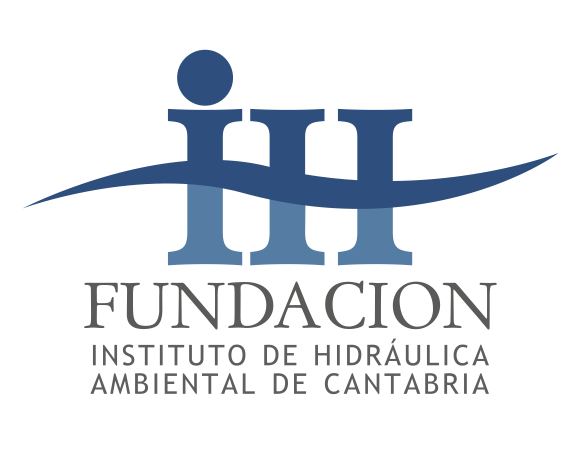Environmental DNA (eDNA) is currently revolutionizing our capacity to assess biodiversity across a full range of taxa and habitats. The breadth of potential applications is immense and spans surveys on the diversity of species native to specific ecosystems to bioindication, conservation or ecosystem management. Within the AQUABAR project, we will deepen the analysis and characterization of biological communities through eDNA generating scientific knowledge to reduce current uncertainties in the application of this emerging technique.
AQUABAR aims at consolidating scientific knowledge for the use of eDNA as a prime technique for the characterization of ecological communities. To address this general objective, AQUABAR will produce high quality scientific insight in three main areas of eDNA research: the analysis of biodiversity of ecological communities at different spatial scales, the estimation of organisms biomass from eDNA concentration in streams and will investigate the reliability of eDNA to assess the ecological status of ecosystems.
The candidate will review current scientific literature regarding the use of eDNA for the estimation of biodiversity, biomass and for the calculation of ecological status in rivers from general and specific markers (primers). He/she will work on the optimization, adaptation and implementation of specific tools, scripts and codes to perform bioinformatics and statistical analysis of DNA sequences. The candidate will also receive training in sequencing techniques and as a final product of the project, the candidate will participate and elaborate scientific reports, publications and oral presentations in international congresses.
The selected candidate will work with the professor Jose Barquín, head of the Freshwater Ecosystems group as well as with the other colleagues of the group performing research in freshwater ecology.

